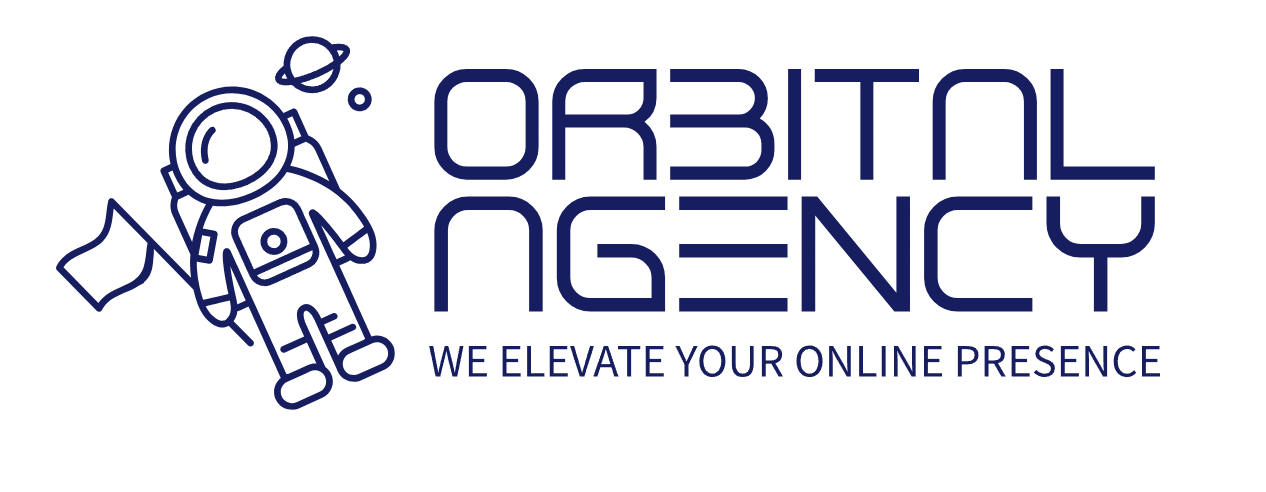Security Features Every Website Developer Should Include
In an age of rising cyber threats and data privacy concerns, website security is no longer optional—it’s mission-critical. From protecting your customer data to maintaining your brand’s credibility, your developer should be building security features into every layer of your website.
The first line of defense is an SSL certificate. It encrypts the connection between the user’s browser and your website, protecting sensitive information like contact form data, passwords, and credit card info. Without SSL (the little padlock in the browser bar), Google may flag your site as “Not Secure,” which kills trust and rankings.
Next, your developer should configure secure form handling. Every form on your website—from contact to quote requests—should include spam prevention tools like reCAPTCHA and proper input validation to prevent injection attacks or bot abuse.
Back-end developers should also implement firewalls and IP filtering to block suspicious traffic. These server-level protections keep malicious bots and hackers from probing your system for vulnerabilities.
Password protection and access control are just as important. Developers should require strong password practices, implement two-factor authentication (2FA) for admin panels, and ensure that user roles are properly restricted so no one has more access than they need.
Another crucial area is database security. SQL injection attacks are still one of the most common web threats. Developers should use prepared statements and proper input sanitation to ensure that your site can’t be exploited through sloppy code.
Your website should also include automatic backups, either scheduled daily or triggered after major updates. This ensures that if something goes wrong—whether it’s a breach, bug, or crash—you can recover quickly without losing everything.
Developers should keep all frameworks, plugins, and libraries up to date. Outdated components often have known security holes that hackers exploit. Ongoing site maintenance is essential to stay ahead of vulnerabilities.
Other smart practices include:
Lastly, your developer should provide a security audit report or checklist when your site goes live, along with documentation on how to maintain those protections over time.
Schedule Your Free Custom Website to work with a development team that builds every website with speed, design, SEO, and security baked in from day one.
P.S. Building a secure site is just the start. Learn why great websites also drive results in Forest Hills Fitness Studios Need These Website Features.
The first line of defense is an SSL certificate. It encrypts the connection between the user’s browser and your website, protecting sensitive information like contact form data, passwords, and credit card info. Without SSL (the little padlock in the browser bar), Google may flag your site as “Not Secure,” which kills trust and rankings.
Next, your developer should configure secure form handling. Every form on your website—from contact to quote requests—should include spam prevention tools like reCAPTCHA and proper input validation to prevent injection attacks or bot abuse.
Back-end developers should also implement firewalls and IP filtering to block suspicious traffic. These server-level protections keep malicious bots and hackers from probing your system for vulnerabilities.
Password protection and access control are just as important. Developers should require strong password practices, implement two-factor authentication (2FA) for admin panels, and ensure that user roles are properly restricted so no one has more access than they need.
Another crucial area is database security. SQL injection attacks are still one of the most common web threats. Developers should use prepared statements and proper input sanitation to ensure that your site can’t be exploited through sloppy code.
Your website should also include automatic backups, either scheduled daily or triggered after major updates. This ensures that if something goes wrong—whether it’s a breach, bug, or crash—you can recover quickly without losing everything.
Developers should keep all frameworks, plugins, and libraries up to date. Outdated components often have known security holes that hackers exploit. Ongoing site maintenance is essential to stay ahead of vulnerabilities.
Other smart practices include:
- Disabling directory browsing so hackers can’t see your file structure
- Hiding CMS version numbers to prevent targeted attacks
- Rate-limiting login attempts to stop brute-force hacking
- Using HTTPS site-wide (not just on checkout or login pages)
Lastly, your developer should provide a security audit report or checklist when your site goes live, along with documentation on how to maintain those protections over time.
Schedule Your Free Custom Website to work with a development team that builds every website with speed, design, SEO, and security baked in from day one.
P.S. Building a secure site is just the start. Learn why great websites also drive results in Forest Hills Fitness Studios Need These Website Features.
